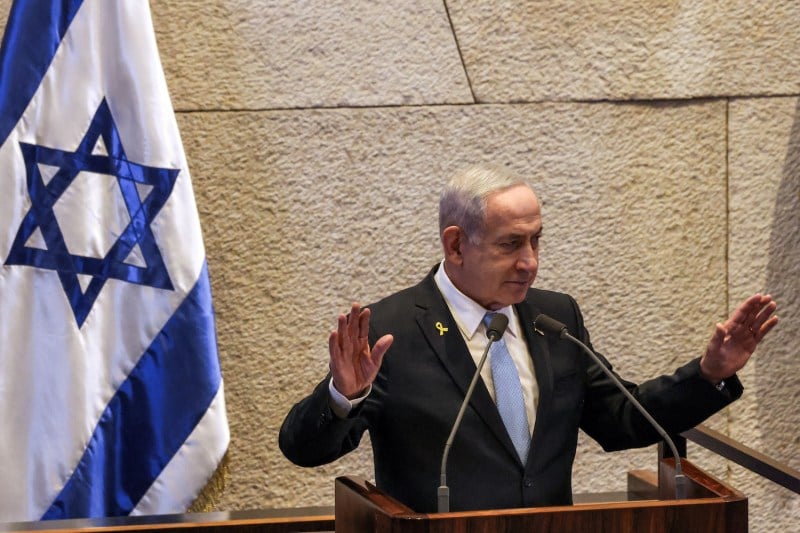Israel has entered a heightened state of national alert following overnight U.S. airstrikes on Iranian nuclear facilities, with the government rolling out emergency measures and sealing its airspace in anticipation of possible retaliation.
In a formal statement, Israel’s Ministry of Defence announced that civil defence policies had been immediately updated after a high-level security assessment. “Effective today, the country is operating under essential-activity-only protocols,” the statement read.
The new measures include:
-
Suspension of all educational activities nationwide
-
Ban on public gatherings
-
Restrictions on non-essential workplaces, excluding vital services such as healthcare, security, water, and electricity
Airspace Sealed Amid Retaliation Fears
In a major move reflecting the escalating security concerns, the Israeli Airports Authority confirmed the closure of national airspace to all incoming and outgoing flights “until further notice.”
The decision follows the U.S. bombardment of three Iranian nuclear sites — Fordow, Natanz, and Isfahan — with bunker-buster bombs and cruise missiles. The strikes, ordered by President Donald Trump, have ignited fears of a broader regional conflict.
Iran responded with a barrage of missiles fired at Israeli cities, with at least three impacts confirmed in residential areas. According to the Health Ministry, 23 people were injured in the attacks, though most sustained only minor wounds.
Borders Remain Open, But Anxiety Runs High
Despite the airspace shutdown, land border crossings with Egypt and Jordan remain operational, the Airports Authority said. The closure comes just two days after Israel briefly reopened its skies to allow stranded nationals to return home.
Authorities are urging citizens to remain alert and adhere strictly to civil defence instructions. Emergency services are on high readiness, and local councils have activated bomb shelter protocols in several regions, particularly in central and northern Israel.
Background: A Region on Edge
The U.S. strikes on Iran’s nuclear infrastructure have brought long-simmering tensions to the boiling point. Israel has been engaged in open conflict with Iran since June 13, citing Tehran’s accelerated uranium enrichment programme as an existential threat.
Iran has denied seeking nuclear weapons and called the attacks a violation of international law. In the hours since the U.S. operation, Iran has vowed to retaliate against both Washington and Tel Aviv.
As of this morning, much of the Middle East remains on high alert, with air traffic rerouted, and diplomatic channels struggling to contain the crisis.



